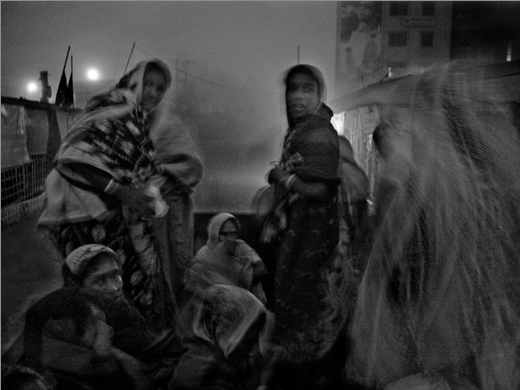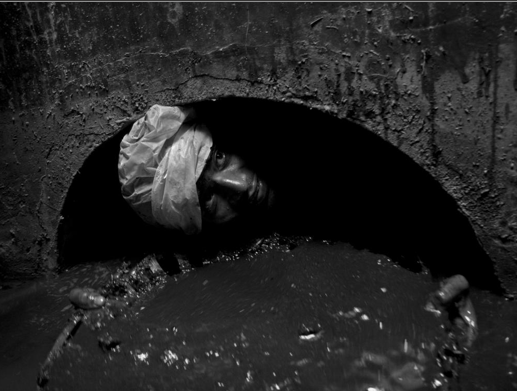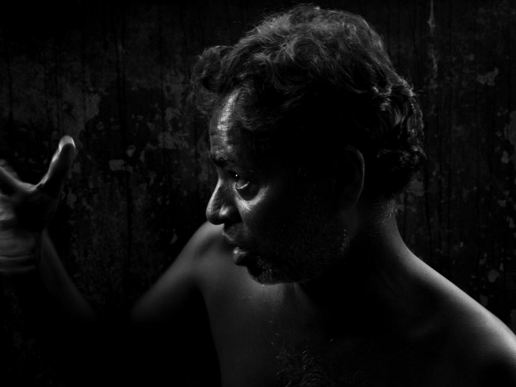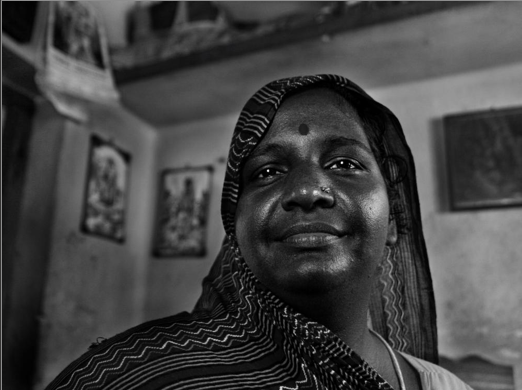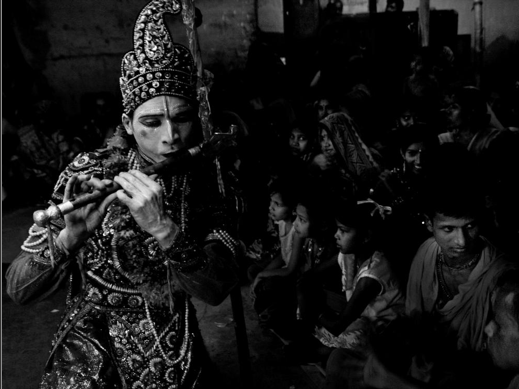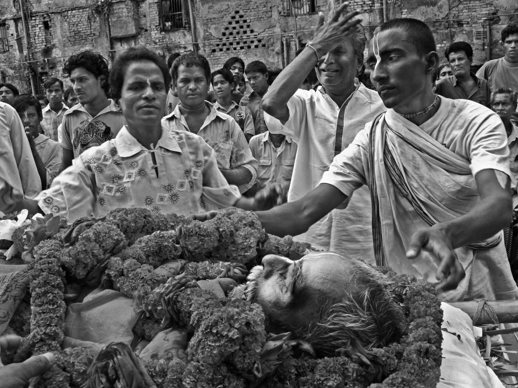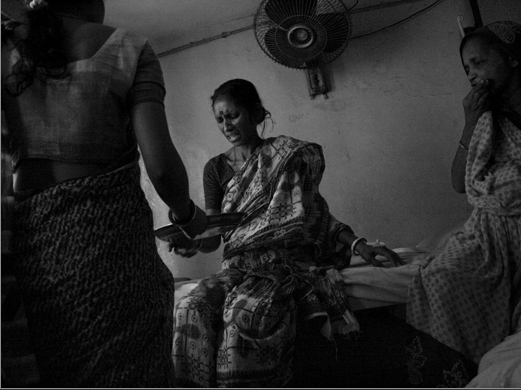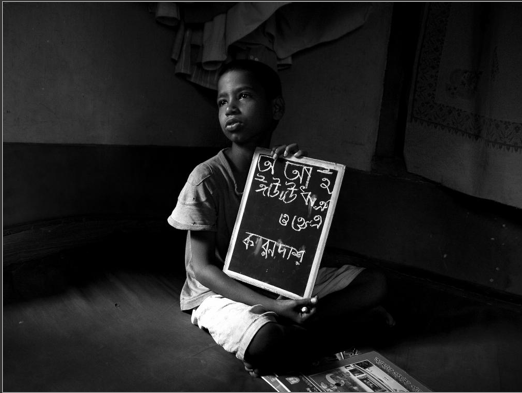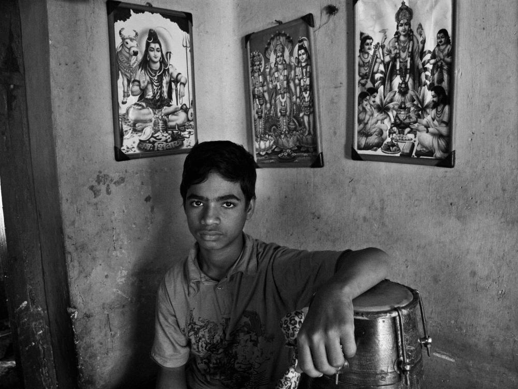Nurul Kabir receives death threat
A man, who claimed to be ?Top Terror Mamun? on Tuesday threatened Nurul Kabir, editor of New Age, and his family of dire consequences if he would continue to write and speak against ?terrorism of various sorts.?
The caller, who made the call from the number 01816904359 at 12:15pm, also demanded Tk 50 lakh from him.
The caller is quoted to have told Kabir that his men ?will hit? Kabir and his family soon in chase he would fail to comply.
Kabir filed a general diary (No 1178/10) with the Tejgaon Industrial Area police in this connection.
Local and international media forums and rights advocates have expressed concern over repeated death threats to New Age editor Nurul Kabir by unidentified phone callers.
Asia Media forum in a statement condemned the threats and expressed deep concern that Nurul Kabir, editor of the Dhaka-based daily New Age, one of the most democratically oriented newspapers in South Asia,?had received death threats twice in a span of four days for his bold journalistic comments against terrorism and violence.
?Kabir is known in the region for his journalistic activism against undemocratic forces ? public and private ? responsible for deficit of democracy, underdevelopment and various social and economic injustice inflicted on the millions of people in his own country and beyond,? said the statement.
In a memorandum to the president of Bangladesh, Zillur Rahman, the Overseas Press Club of America called for measures against the culprits for the sake of democracy.
?The work of professional journalists is a cornerstone of a thriving democracy. It would be of immeasurable value ? not just to Kabir, but to all of our colleagues ? if your office were to be seen to have a visible interest in this outrage,? reads the memorandum issued by Kevin McDermott and Jeremy Main, co-chairmen, Freedom of the Press Committee.
Nurul Kabir teaches “Media and Politics” at Pathshala.
AKM Shehab Uddin wins Special Recognition Grant
AKM Shehab Uddin won a Special Recognition Grant of $7500 from the Foundation. This is only the second time in the history of the Foundation that a second award has been made. Uddin will document “pavement dwellers,” in Dhaka, Bangladesh. There are 15-20,000 migrants lured to the capital by the promise of better opportunities, have become porters, laborers, rickshaw pullers, servants, sex traders and solid waste recyclers. Here, they have become residents of the streets. In Bangladesh, pavement dwellers are looked down upon as social outcasts.
Muhammad Murtada Student Winner (2nd) in 2010 Alexia Foundation Award
Muhammad Murtada, from Dhaka, Bangladesh, has a degree in commerce, and is now in his third year for a degree in photojournalism from Pathshala, the South Asian Institute for Photography.
Swineherd: the salaried gypsy with a domestic mind
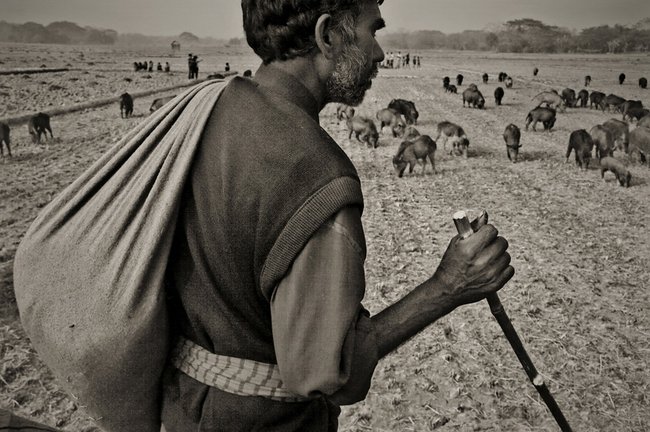
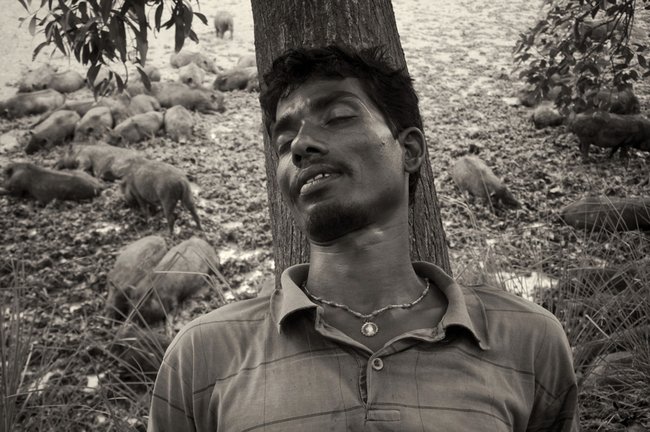
In the traditional Indian caste system Dalit is a member of the caste that is considered the lowest and that has the fewest advantages. Dalits are suffering from the ancient period. Socially they were profane to upper castes. They were not allowed into upper castes house, temple, cultural function, social gatherings, etc. They are socially and economically abused and always treated as a slave. They were not allowed to do a good job. For that reason from ancient period hereditarily they have been doing worst job of society like Swineherd, Methor (sweeper), Dhoom (member of lower caste who is assigned to burning the dead and looking after the crematorium), cobbler, washer man, barber, etc. Approximately 4.5 million dalits live in Bangladesh where also Muslim dalits are included. As a minority Hindu dalits are more marginal than Muslims.
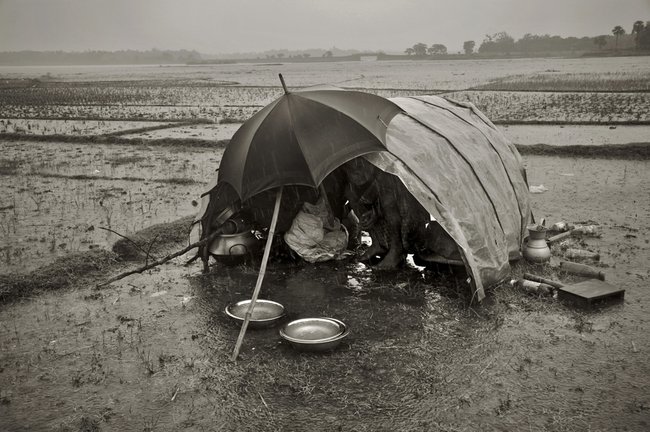
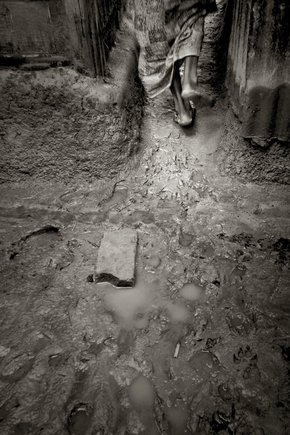
In Bangladesh, most of the Hindu dalits are the descendant of Indians. British colonial government and some Zeminders (Landlord) bring them from various places of India like Bihar, Kanpur, Hasirbag, Jabbalpur of North state and Andrapradesh for slavery during their colonial time. Who are known to people as Harijon, Sweeper, Dhoom and their colony always build-up far from main habitants which known Methorpotti or Horijonpotti or Sweeper colony. Where, sixty five percent people are illiterate and very low income. This social discrimination has changed very little. Lots of changes have entered in our modern lives but still they are making their living with those hereditary professions.
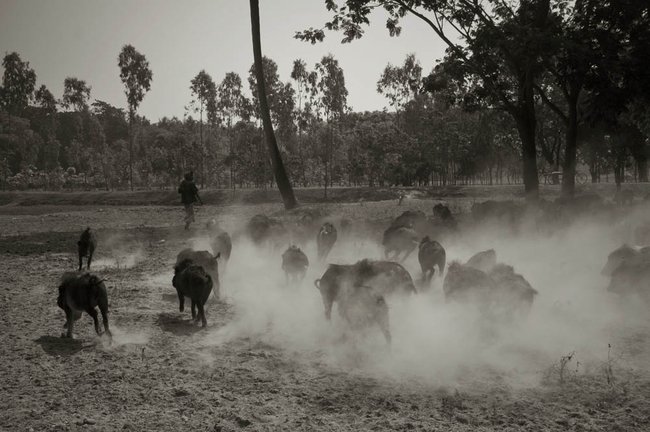

Swine herding is an ancient profession. In Bangladesh, swineherds lead an unusual gypsy life with herds. Their family live in a particular place and men go out with their herd to various places to feed pigs, constantly moving and living in tents of bamboo and plastic paper. They usually stay three to four days in each place. Sometimes it might be a day or a week depending on the availability of pig-food.
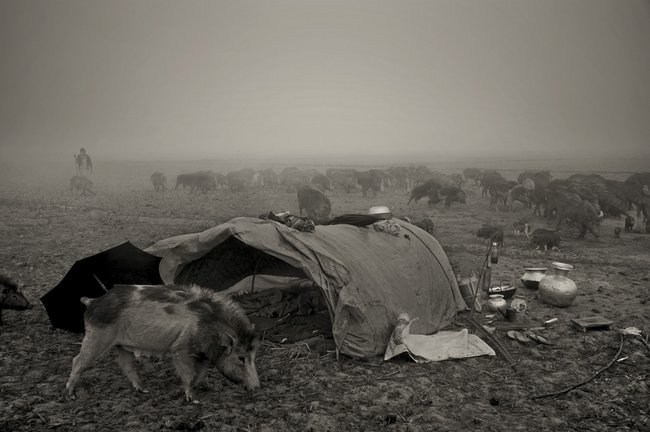
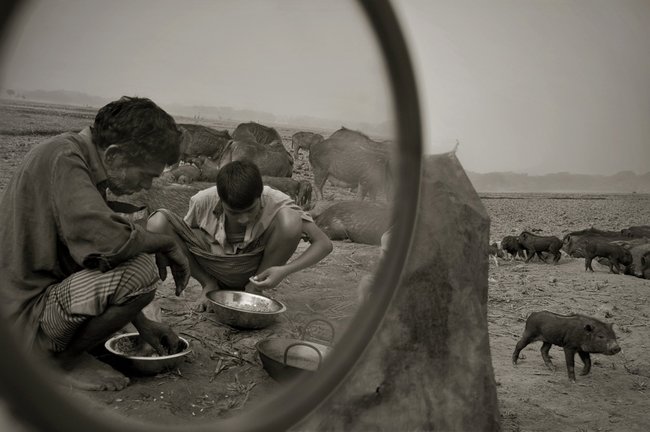
As a part of my personal project about Dalit, I started to capture arduous lifestyle of Swineherds to show the social discrimination of our so called civilized society of twenty first century. I would bring them in focus through my photographs to the audience to make a social awareness to treat them as human and reduce the social discrimination.
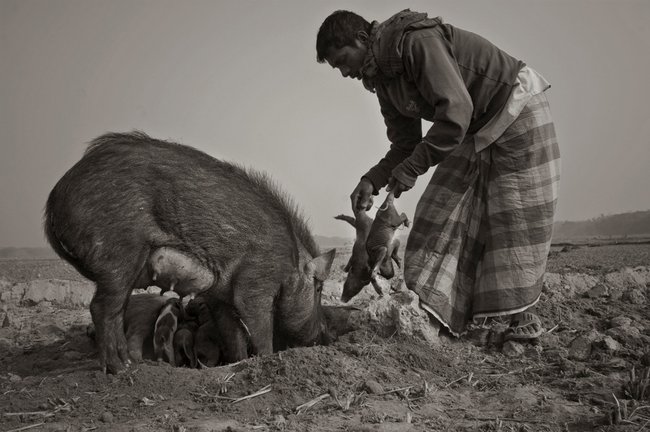
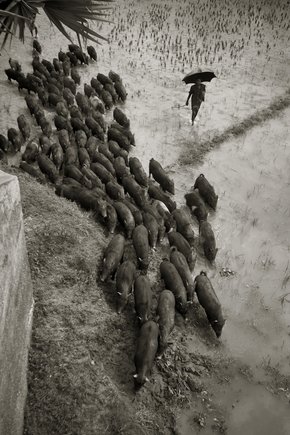
Harijan: The Sons of God
By Wahid Adnan
Featured in Socialdocumentary.net
They pick up our garbage, sweep our streets, clean our gutters, load and unload the garbage trucks. They are “achuta”, or untouchable; member of a particular caste that sits at the very bottom of traditional Hindu community. In India, Mahatma Gandhi gave the name ?Harijan? or ?the son of God? to this community of untouchable people who work as sweepers and cleaners to our public places. In 1853, after the Great Indian Peninsula Rail Company established the first railway system through Indian continent, the British colonial authority lured these untouchables with promises of having better job and facilities in railway stations and provincial government offices in all over the continent. But eventually they were made to do same thing as before as sweeping garbage. In Bangladesh, there untouchable people have been engaged in cleaning profession by birth. Though they despise their profession, most of them have no other way except being a sweeper as they are politically, socially, economically and mentally isolated from the mainstream community
